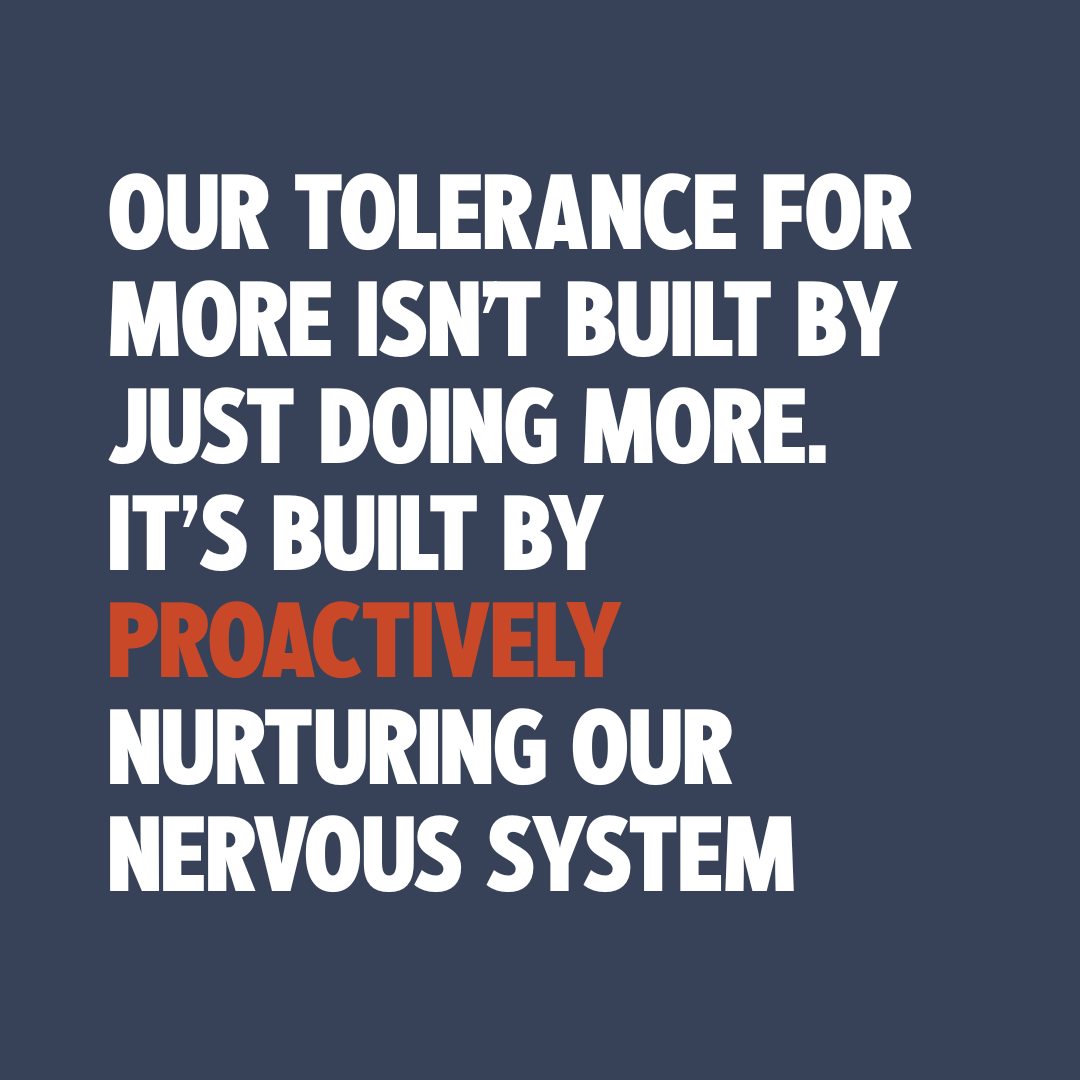What a Fractured Tibia and a Hotel Piano Teaches us About High Performance
On Sunday night, England’s Lionesses lifted the Euros trophy and if your front room was anything like my front room then you were probably roaring with them as they did.
If also like me, you sat watching the post-win interview with Lucy Bronze then you probably also felt the huge smile on your face evaporate into a look of shock when she shared that she’d played the tournament through immense pain with a fractured tibia.
As if her (deserved) legendary status required further elevation, with this one reveal she’d taken it even higher.
Why?
Because grit, pushing through pain and showing up when it’s hard is still what we celebrate when we think of high performance.
And of course, no high performance goals were ever achieved without these ingredients.
But it tends to only be these stories that get the big headlines when in reality high performance is about so much more.
The quieter headline you may have missed.
Michelle Agyemang (named UEFA Women's Euro 2025 Young Player of the Tournament on Sunday evening) had her piano brought over to Basel for the duration of the tournament. Not because it’s a hobby she didn’t want to let slip but because it’s a crucial part of her high performance toolkit - keeping herself grounded and regulated in the midst of the pressure.
Why?
Because Michelle and those around her know that your stress tolerance is trainable - if you make the time for it.
I believe (in the world of entrepreneurship) we still far too easily fall into the trap of glorifying the hustle.
Of setting ourselves high performance goals without really understanding (beyond ‘I’ll just keep doing more’) what tactics we can (and should) build into our high performance toolkit (or whether we even realise that such a toolkit can exist).
And whilst short-term stress can sharpen our focus and performance. Chronic stress - you know the kind that comes when we don’t really pause to catch a breathe because ‘well, my runway’ - that type of stress erodes decision making, creativity, long-term resilience and ultimately founder health and mental well being.
We often assume high performers can just handle more because they’re ‘made of strong stuff’.
But our tolerance for more isn’t built by just doing more.
It’s built by proactively nurturing our nervous system.
By designing moments into our day where we deliberately create the conditions for our nervous system to rest, recover and reset.
By deliberately stopping to play the piano.
This high performance thinking and behaviour is now commonplace in the world of sport. But in the world of entrepreneurship? I just don’t believe we’ve caught up yet. And we still very much celebrate the stories of: ‘I exited my business for £xm and this is how burnt out I became in the process’. It can feel like burnout has to be an ingredient of achieving success. And if you’re not in full-time hustle mode then are you really even trying?
But here’s the thing.
If we’re setting ourselves high performance goals (which - spoiler - if you’re building a business you want to scale and you’re raising investment for it then this is exactly what you’re doing) then we have to see ourselves as high performers.
Because if we don’t?
We reduce the likelihood of us achieving the very goals we say we’re so committed to getting over the line. And in doing so, we increase the very real potential to experience the cost of burnout.
And just to be clear. I’m not suggesting we all join the 5am Club.
That we add in pilates, protein shakes and 90 minutes of journaling each day.
But I am suggesting we each need to find the equivalent (and very personal) act of playing the piano.
And when we add this tactic to our high performance toolkit?
We’re more likely to be able to show up and give our all - just like the utterly brilliant England squad did on Sunday evening.
ADD ‘THE POWER OF PAUSE’ TO YOUR HIGH PERFORMANCE TOOLKIT
Do you only hit pause reactively - when your eyes are too tired to focus on the words that are on the screen of your laptop?
Or are you intentionally using the power of pause proactively - before your performance begins to be eroded and your nervous system shouts ‘no more’?
I’ve created a simple 3-question guide which you can download here to help you build this high performance habit.



